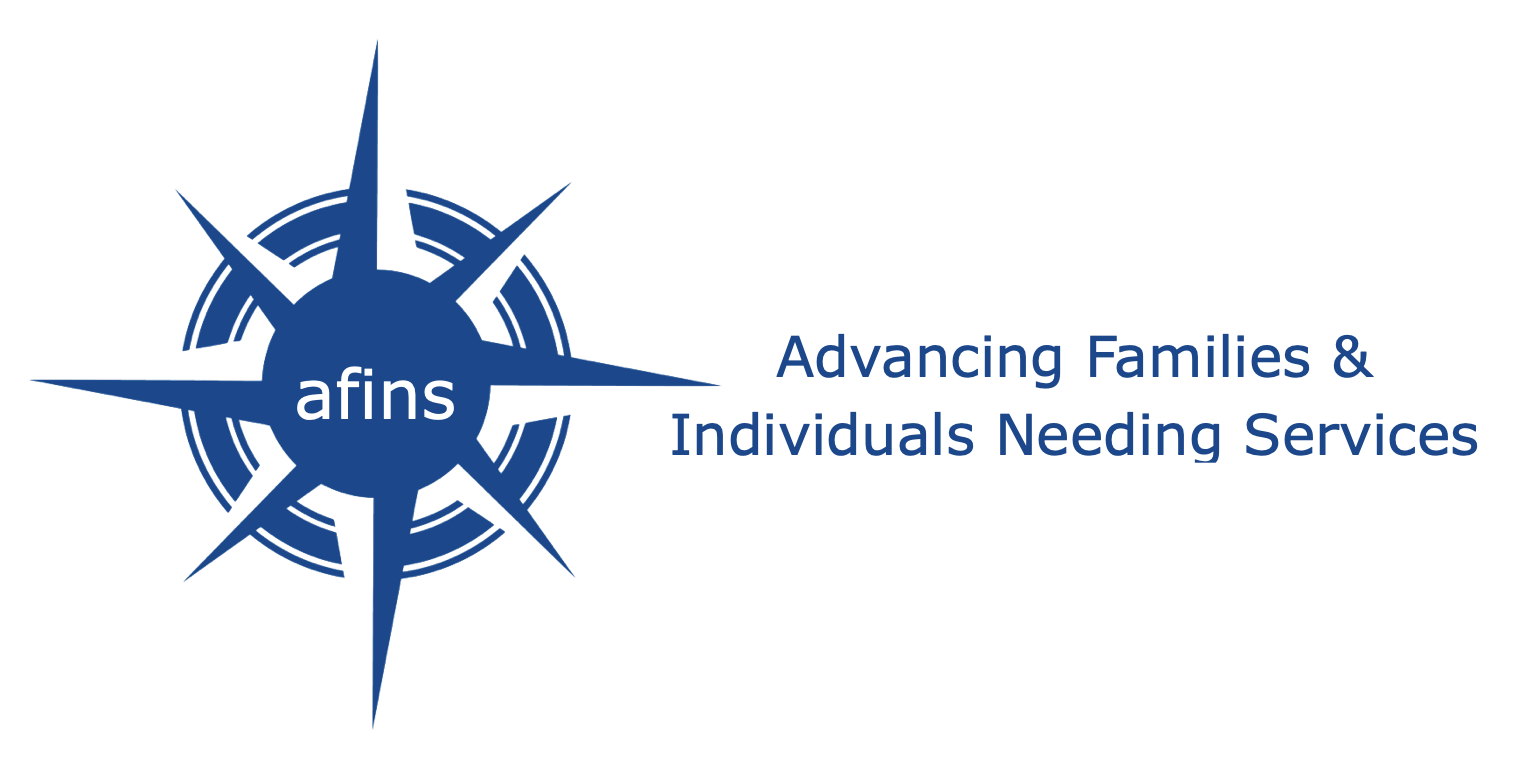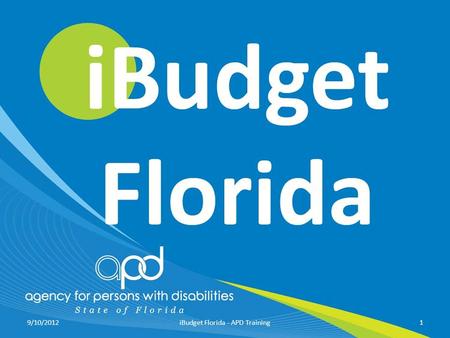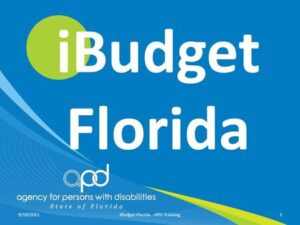Within broad Federal guidelines, states can develop Home and Community-Based Services (HCBS) Waivers to meet the needs of people who prefer to get long-term care services and supports in their home or community, rather than in an institutional setting. State HBCS Waiver programs allow states to tailor services to meet the needs of a particular target group, and within a target group states are also permitted to establish additional criteria to further target the population to be served as long as the state HBCS Waver program services don’t cost more than providing the same services in an institution, ensure the protection of people’s health and welfare, provide adequate and reasonable provider standards to meet the needs of the target population, and ensure that services follow an individualized and person-centered plan of care. For example, the population can be targeted by age or diagnosis, such as autism, epilepsy, cerebral palsy, or traumatic brain injury. Eligible individuals must demonstrate the need for a level of care that would meet the state’s eligibility requirements for services in an institutional setting. States choose the maximum number of people that will be served under their HCBS Waiver programs.
The Florida Medicaid Developmental Disabilities Individual Budgeting (iBudget) Waiver is one such HBCS Waiver program. The iBudget Waiver provides home and community-based supports and services to eligible persons with developmental disabilities living at home or in a home-like setting. It is designed to promote and maintain the health of eligible individuals with developmental disabilities, to provide medically necessary supports and services to delay or prevent institutionalization, and to foster the principles and appreciation of self-determination. It utilizes an individual budgeting approach, and provides enhanced opportunities for self-determination.
To qualify for iBudget Waiver services the applicant must:
- Meet the eligibility requirements in accordance with Florida Statute Chapter 393,
- Meet the level of care criteria for placement in an Intermediate Care Facility for Individuals with Intellectual Disabilities (ICF/IID),
- Be eligible for Medicaid under one of a variety of categories described in the Florida Medicaid Provider General Handbook,
- Be diagnosed with one or more of the following qualifying disabilities:
- The individual’s intelligence quotient (IQ) is 59 or less, or
- The individual’s IQ is 60-69 inclusive and the individual has a secondary handicapping condition that includes: Down Syndrome; Cerebral Palsy; Prader-Willi Syndrome; Spina Bifida; Epilepsy; Autism; or ambulation, sensory, chronic health, and behavioral problems; or has an IQ of 60-69 inclusive and the individual has severe functional limitations in at least three major life activities including self-care, learning, mobility, self-direction, understanding and use of language, and capacity for independent living, or
- The individual is eligible under the category of Autism, Cerebral Palsy, Down Syndrome, Prader-Willi Syndrome or Spina Bifida and has severe functional limitations in at least three major life activities including self-care, learning, mobility, self-direction, understanding and use of language, and capacity for independent living.






